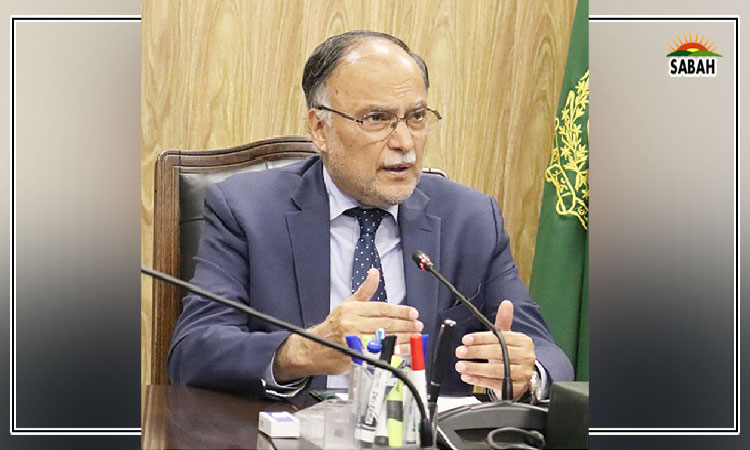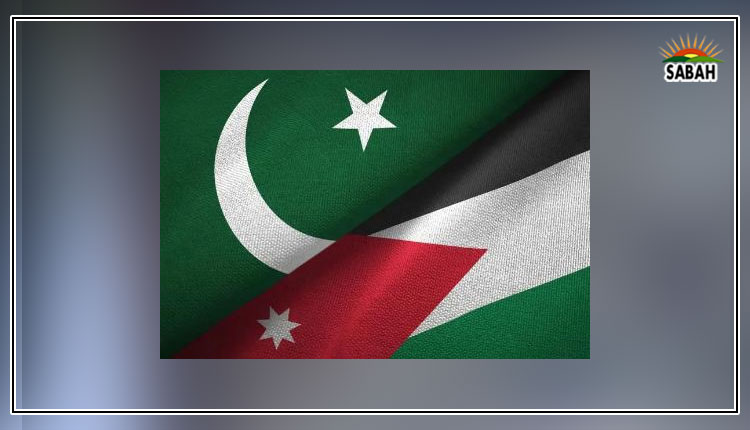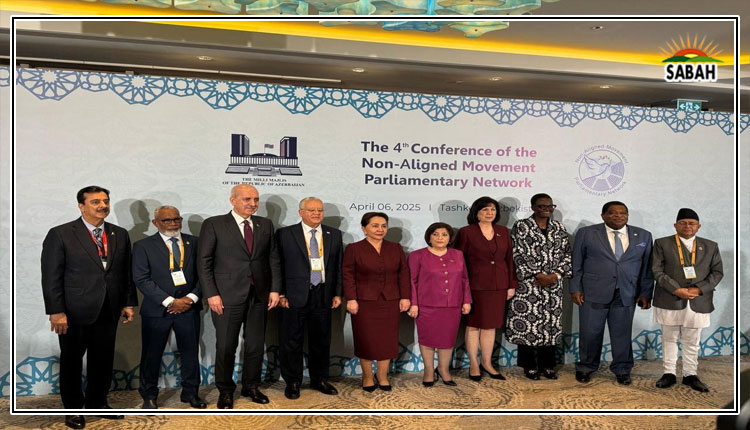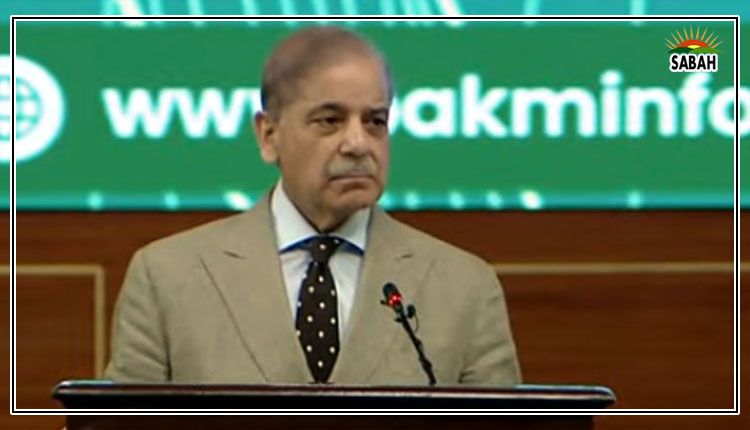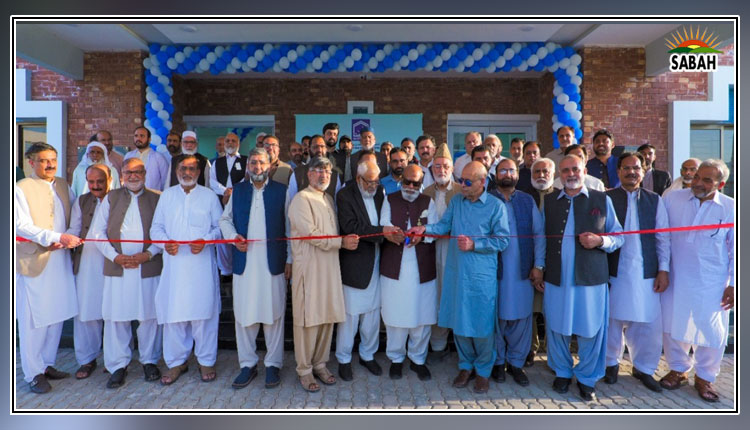Food security …. Dr Farrukh Saleem
Pakistan has the largest contiguous irrigation system in the world. Yet, only 63 per cent of Pakistani households are food secure. The Indus Basin Irrigation System covers an area of over 14 million hectares. Yet, Pakistan has the second-highest rate of malnutrition in the region, with 18 per cent of children under the age of five suffering from acute malnutrition.
Pakistan is a country with at least four diverse agro-ecological zones: the Indus Basin is suitable for growing wheat, rice, sugarcane and cotton. The Balochistan plateau supports livestock farming and the production of fruits such as dates, pomegranates, and apricots. The northern mountainous region is suitable for growing wheat, barley, maize, apples, and cherries. The coastal areas are suitable for fishing, aquaculture and the production of shrimp, prawns, and other marine products. Yet, according to the Global Hunger Index (GHI), Pakistan ranks 92 out of 116 countries, indicating a serious level of hunger in the country.
Over 72 million Pakistanis are food insecure, which means that they do not have adequate access to safe, nutritious food to meet their dietary requirements. Interestingly, the cause of this food insecurity is not a lack of capacity, but the underutilization of existing potential.
Pakistans food insecurity can be attributed to three major factors: low productivity, flawed seed stock, and inadequate credit access for the agriculture sector. Currently, Pakistan produces only three metric tons of wheat per hectare, which is significantly lower than countries like New Zealand that produces 10 metric tons and Egypt, China, and Saudi Arabia that produce 6 metric tons per hectare. Imagine: if Pakistan can increase its wheat productivity to 6 metric tons per hectare, the country could potentially generate an exportable surplus worth $7 billion annually. That is equivalent to a three-year IMF deal.
The Peoples Liberation Army (PLA) of China has long been involved in irrigation, agriculture research and development. As a consequence, Chinas food security has improved significantly in recent years. In 2020, Chinas grain production reached a record high of 669 million tons.
The Egyptian Armed Forces continue to play an important role in the countrys agriculture sector. The army has been involved in the construction and maintenance of irrigation systems. The army has also been involved in the reclamation of desert land for agriculture use. Interestingly, the army developed high-yielding seeds for wheat and rice.
The Indonesian Armed Forces (TNI) has played a critical role in ensuring food security in Indonesia. This has included the establishment of strategic food reserves, developing new agricultural technologies and improving agricultural productivity.
The Indian army has been involved in soil conservation efforts, distributing high-quality seeds, improving soil fertility and increasing crop yields. The Iranian army or Artesh has contributed to the development of the countrys agriculture sector in various ways including agriculture education, training, reforestation, water conservation and research.
The Israel Defense Forces (IDF) continue to play a key role in ensuring the security of Israels food supply. The IDF is involved in water management, land reclamation, research, crop breeding, soil fertility and pest control. The Russian army also plays an important role in the countrys agriculture sector that includes land development, infrastructure development and the use of modern farming techniques.
The Armed Forces of the Philippines (AFP), the Vietnam Peoples Armed Forces, and the Korean Peoples Army are also providing similar support to their respective countries agriculture sectors. Data from around the world highlights at least three built-in advantages that militaries have in supporting agriculture and ensuring food security: organizational capacity; infrastructure and logistics; and expertise and training.
The writer is a columnist based in Islamabad. He tweets @saleemfarrukh and can be reached at: farrukh15@hotmail.com
Courtesy The News


